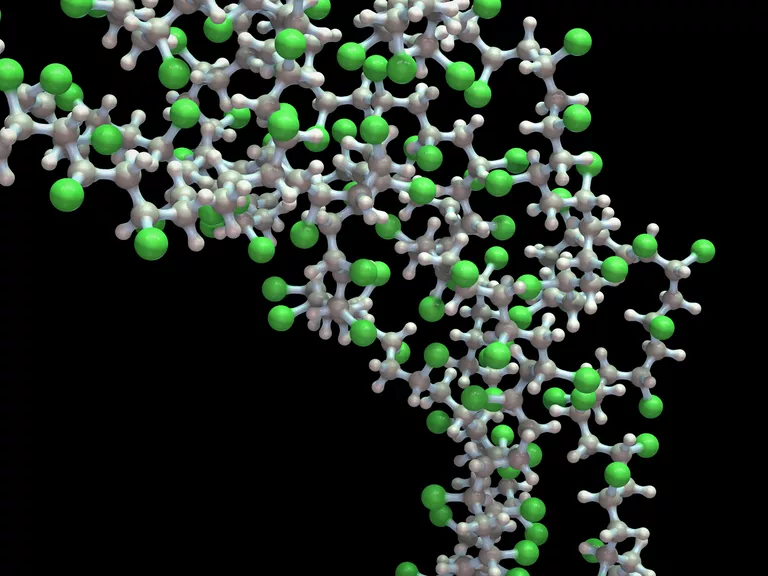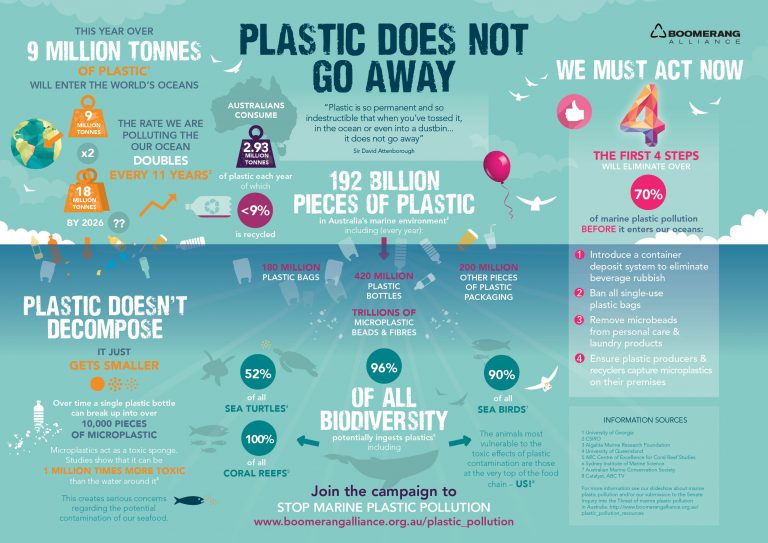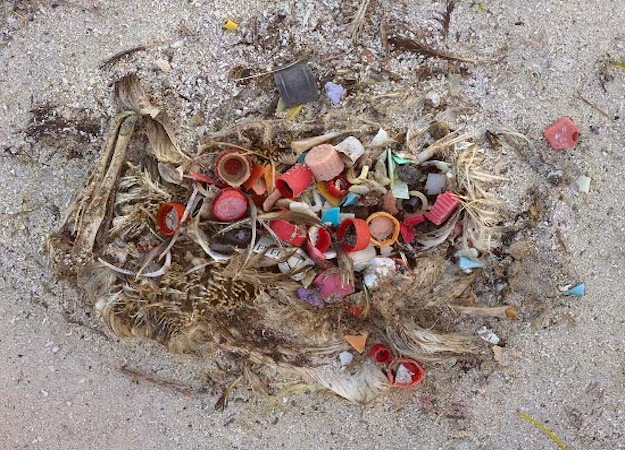What is the problem with plastic?
Plastic is a material with properties that are very useful in certain applications. It is water tight, it is inert, it is strong and yet flexible, and it is formable. By using additives engineers can produce plastics for countless specialized applications.
The problem with plastic arises from one of its best qualities: it does not breakdown in natural systems. That is great for something you want to last forever, but it is a very bad characteristic for single use items like product packaging, bottles, takeout food containers, and all items with short useful lifespans.

So what is “plastic”?
Plastic is any synthetic or semisynthetic organic polymer. Industrial plastic is made from petrochemicals. In order to produce specialized properties, it is mixed with additives like colouring and reinforcements.
While petroleum based plastic is composed predominantly from carbon and nitrogen (both important elements in nutrient cycles), it is synthesized into polymers with very strong bonds. It is these strong bonds that keep it from decomposing in physical and biological systems.
Physical processes do break the plastic into smaller and smaller pieces.
Tragically, these pieces of plastic look like food to many creatures, but unlike real food, it provides no nutrition because organisms cannot digest it. We have all seen pictures of animals who have starved to death eating plastic.
Further, the additives in plastics are frequently toxic. They can leach into the environment and our bodies causing harm.
Ultimately plastic pieces become microplastics that cumulate and persist in the environment forever. They are in the air, drinking water, dust, food… and their impact on ecosystem and health are yet to be understood.

But by setting sustainability as an objective, plastics can be manufactured without the harmful properties of the petroleum based plastics choking our environment.
Our coffee bags are a great example. They are biodegradable!: they are digested by bacteria in backyard composting conditions within a few months.
Why doesn’t everyone use these bags?
Because they cost more.
We pay that cost. We pay it because we value natural systems more than the extra cost of the bags. We believe you do too.

